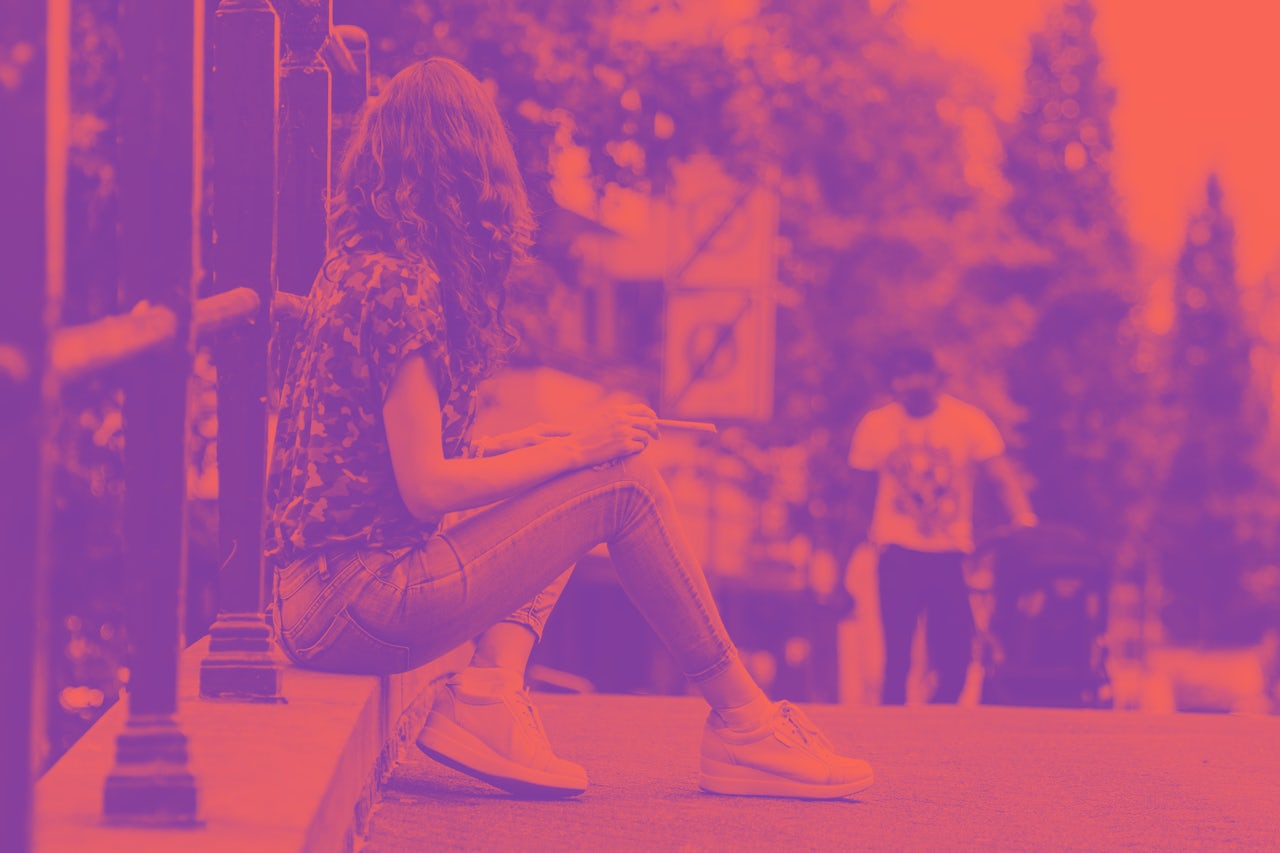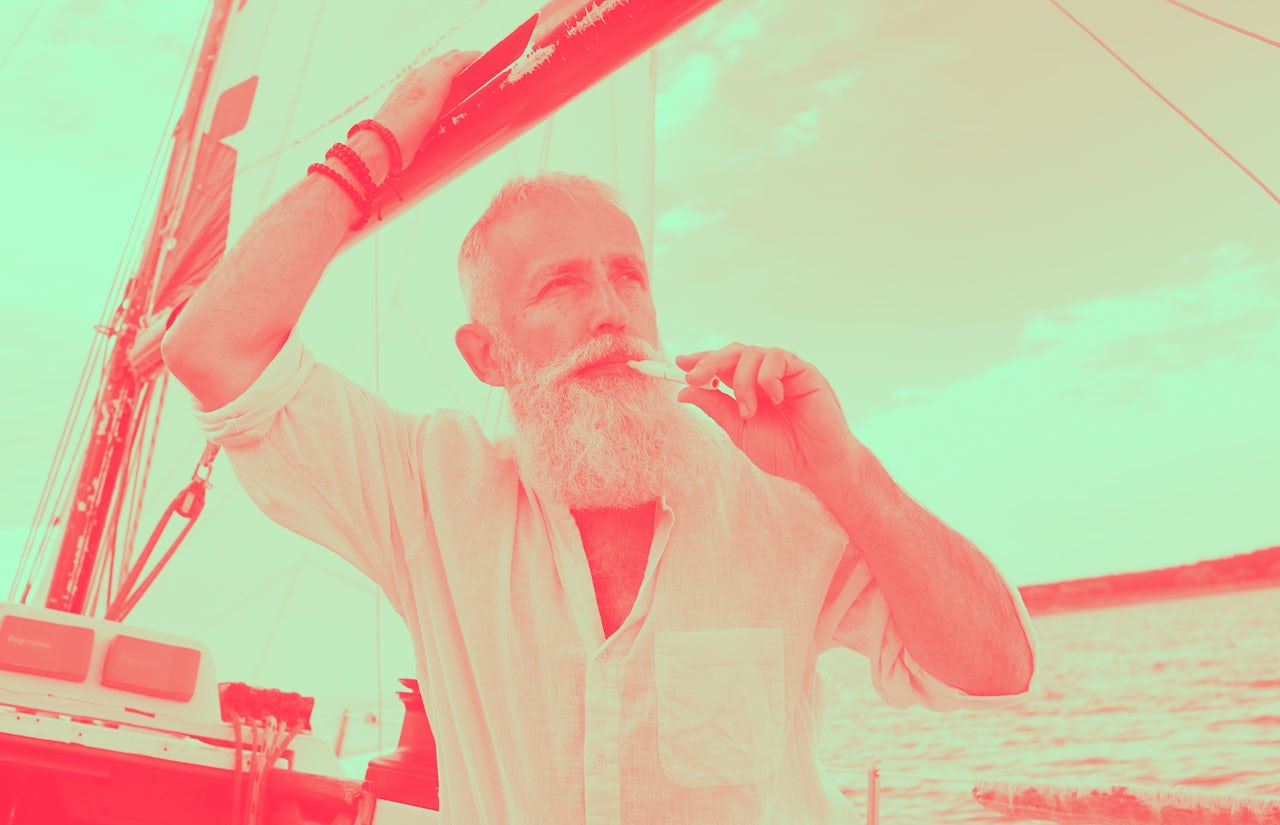It’s a common misconception that cannabis is legal in the Netherlands. Should you visit one of Amsterdam’s famous coffee shops, you can purchase a joint without worrying about legal consequences. But that same coffee shop bought that same cannabis from, effectively, a criminal: Even as cannabis gains acceptance worldwide, growing, importing, buying, or selling cannabis commercially in the Netherlands is still very strictly illegal.
“The government had no expectation that large-scale cultivation would take place in the Netherlands when they changed the rules,” Derrick Bergman of the Verbond voor Opheffing van het Cannabisverbod (the Union for the Abolition of Cannabis Prohibition, or VOC) told The Outline. The rule change in question refers to an amendment to the Opium Act in 1973, which demoted marijuana from a List One drug (like heroin) to a List Two drug. Several years later, in 1979, the government put forth guidelines as to how much cannabis a person could sell or cultivate without risking prosecution.
When these changes were taking place in the late ‘70s, most of the cannabis used in the Netherlands was imported from abroad. During the 1980s, the number of coffee shops operating in the country increased from one in 1975 to 1,500 by 1990, and the economy shifted from many small growers who sold their wares at bars to large scale growers who had a guaranteed customer.
Exact estimates vary, but recent reports from the national police found that the majority of cannabis cultivation is connected to organized crime and those criminal organizations are increasingly involved with the production and importation of harder drugs, assassinations, and human trafficking. Fifteen percent of farmers in the Netherlands have faced threats and intimidation related to criminal organizations wanting to use their land to cultivate or store cannabis. Cannabis is now a big business in the country, estimated to be worth nearly five billion euros in 2015. Cities along its borders with Belgium and Germany, where drugs tourists often cross over to buy cannabis, report the most issues with drug dealing, according to the Dutch statistics office, Het Centraal Bureau voor de Statistiek (CBS). The city of Maastricht, which is close to both borders, has three times the crime rate of other cities further away from the national border, which is attributed to the cannabis trade. This summer, the small city of Delft, far from the border, experienced a crime wave including several drive-by shootings and a bombing targeted at coffee shop owners in a dispute over cannabis cultivation.
The legalization experiment, authored by the Adviescommissie Experiment gesloten cannabisketen and released in June, calls for six to ten local municipalities to license growers in their cities who would provide all of the cannabis for any coffee shop operating within the jurisdiction. All of the cannabis must be tracked to make sure the supply chain is a “closed loop,” with none being sold anywhere but those licensed coffee shops. Licensed growers cannot have a criminal record and will be limited to 15 varieties of cannabis.
When the Netherlands “legalized” cannabis, it was considered a radical move. The United States passed the Controlled Substances Act in 1970, increasing penalties for cannabis possession and sale, and pressured other countries to outlaw it as part of its War on Drugs. By the 2000s, though, the Netherlands was behind the times. Portugal decriminalized possession of cannabis (as well as other drugs) in 2001, the same year Luxembourg did. The Netherlands’ southern neighbor Belgium decriminalized it in 2003. Even the U.S., the home of the War on Drugs, has seen nine states legalize recreational marijuana and 13 more decriminalize possession.
Even the U.S., the home of the War on Drugs, has seen nine states legalize recreational marijuana and 13 more decriminalize possession.
Proponents of the experiment argue that it will reduce the criminality associated with cannabis cultivation as well as give the government the opportunity to impose quality controls. “If we regulate it, that will be good for health and to control criminality,” member of parliament Vera Bergkamp (D66) told the state broadcaster NOS in 2016, after authoring legislation similar to what is currently being discussed. A 2016 study from the Radboud University in the Netherlands found that illegal cannabis production was linked to everything from criminal violence to pollution to the spread of legionella bacteria.
The country has tried to deal with these issues by tightening the regulations. The country has reduced the age of sale, limited the number of coffee shops and even attempted to prevent the sale of cannabis to foreigners. According to a 2010 report from the RAND institute, these regulations have done little to impact cannabis usage in the country. (Contrary to popular belief, the Dutch aren’t always stoned. In fact, the population ranks behind the United States as well as other European Union countries in cannabis usage, according to the World Drug Report.) But, after decades of approaching the problems from a prohibition point of view, the Dutch government is now looking towards legalization as the answer.
A quirk of the Dutch election system is part of the reason for the shift. Mayors in the Netherlands are not elected, they are appointed by the crown through some influence of political parties; as such, they are sometimes seen as apolitical. Paul Depla, the mayor of Breda, a city of around 200,000 people in the southern part of the country, cites this as one reason that mayors pushed for changes to the system. “When we go to the meetings for mayors, everyone wanted a change. We see, on a local level, the problems the current policy creates,” he told The Outline. Thirty-five municipalities, including Breda, Amsterdam, and Rotterdam, signed a manifesto in 2014 calling for the national government to regulate cannabis cultivation. The national election in 2017 gave the country a four-party coalition government (VVD, CDA, ChristenUnie, and D66) with a single seat majority in parliament. This gave the left-leaning D66 the opportunity to push for one of their campaign promises: the legalisation of growing cannabis.
“When we go to the meetings for mayors, everyone wanted a change. We see, on a local level, the problems the current policy creates.”
“The government invited me to chair the commission,” said Dr. André Knottnerus, professor of medicine at Maastricht University and the chairperson of the Adviescommissie Experiment (or Experiment Advisory Committee) when asked how he became involved. Beginning in March of 2018, Knotterus’ commission spoke to experts on drug policy, coffee shop owners, and cannabis growers. “They asked a lot of the right questions,” Bergman told The Outline. Knotterus sent his report to the government in June.
Activist Bergman calls the experiment a step in the right direction, but cites a number of issues, including the fact that edibles and cannabis oil is not included. Coffee shop owners have brought up the concern that the number of strains suggested for legalized growing (15 for marijuana, 10 for hash) is not enough. The Council of State (an advisory body which must be consulted on proposed legislation before it is submitted to parliament) has called for an increase in the number of participating municipalities, a suggestion that Knotterus’ commission has agreed with. Overall, however, the proposed experiment has received a positive response, and is expected to pass the lower house of parliament in the fall.
Small-scale growers are optimistic about the changes. “The production should be regulated and there should be more local growers,” said Max, who only wanted to use his first name. But others are worried about big business interests dominating the market. No longer from criminal gangs, but from Canadians. “Canada is way ahead of the Netherlands in the business of cannabis,” said Bergman.

